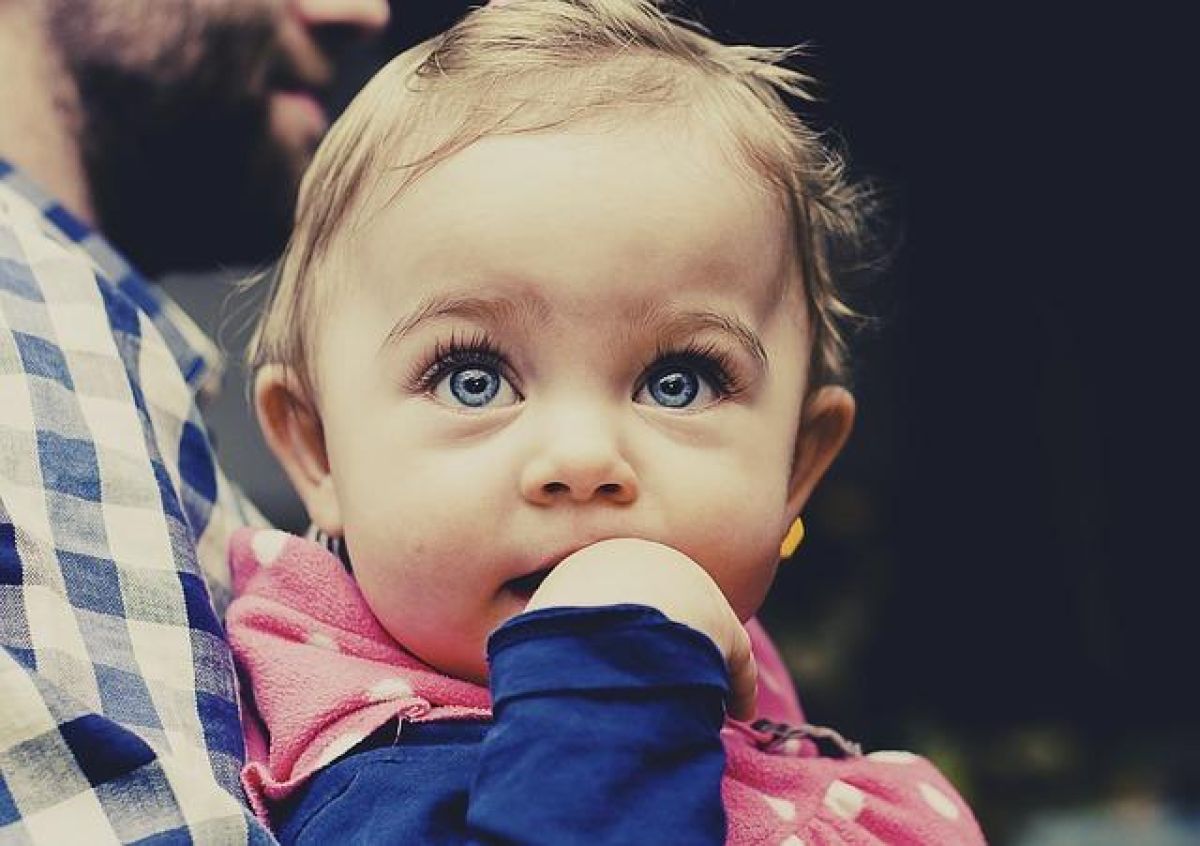- Home
- About Us
- Staff
- Diagnosis
- Infertility Treatment Overview
- Endometriosis Infertility
- Ovulatory Dysfunction
- PCOS – Polycystic Ovarian Syndrome
- DOR – Diminished Ovarian Reserve
- Ovarian Failure Infertility
- Tubal Factor Infertility
- Cervical Factor Infertility
- Uterine Factor Infertility
- Male Factor Infertility
- Recurrent Pregnancy Loss
- Services
- Tubal Reversal
- LGBTQ Families
- Egg Donation
- International
- Patient Resources
Planning for Your New Family: What LGBTQ Couples Need to Know

Life moves fast, especially here in California. The past decade has brought an incredible amount of progress. We’re lucky to live in times where LGBTQ couples have access to the services they need to plan for the future and have happy, healthy families. While a fertility center has always been the place for couples or individuals looking for assistance starting a family, there have never been more resources available for people in the LGBTQ community looking to have children. That’s why it’s important to get the facts when beginning the planning stages of starting your family. There are many services available and it can be overwhelming getting all of the information sorted. Because this should be the happiest time of your life, we want to make the process as easy as possible for you.
There are a variety of options available to you depending on your individual situation. Obviously, everyone will have different needs or preferences for how they go about the process. Of course, no matter what solutions or treatments interest you, ultimately you’ll want to speak with your doctor. Only your doctor can set you on the right course of treatment that will help you achieve your goals while also keeping you healthy. Here is some of the general information on fertility treatments LGBTQ couples or individuals should have so they can make an informed decision.
In Vitro Fertilization
Ultimately, no matter which procedural path you end up taking, you’ll likely end up at a point where in vitro fertilization will come into play. IVF is the most common form of assisted reproductive technology. It is more or less the cornerstone of family planning for LGBTQ couples, whether a female parent chooses to carry the child or a gestational surrogate is used. Technically, the entire procedure is a combination of IVF and embryo transfer. This is a two part procedure.
First, a woman’s ovaries are stimulated via hormones which will cause several eggs to grow over the period of about a week. Once it is determined that the eggs are mature, they will be removed with a minor surgical procedure that will require twilight anesthesia. Eggs are then fertilized in a laboratory setting with sperm provided by the patient’s partner or with sperm taken from a donor. Secondly, after satisfactory incubation, the embryo is then transferred into the patient or gestational surrogate to carry to term. IVF is a leading procedure for both LGBTQ couples and for women who have difficulty with their pregnancies because the procedure avoids many of the processes of a pregnancy where something may difficulties may be encountered.
Gestational surrogate
There are obviously several scenarios where a gestational surrogate would be used. Clearly, if two men are looking to have a child, a female third party would need to come into play. Other reasons include a woman not being able to have a child for any reason or, simply, a surrogate is preferred. To circle back to IVF for a moment, it’s important to point out that the gestational surrogate will have no biological “bond” with the child because both sperm and egg will come from some combination of the parents and/or a donor. For emotional and legal reasons, this is important. The IVF-ET process is completed and the surrogate has the baby for the intended parents.
Egg Donation
Egg donation may be part of the process. It certainly will be if a male couple is looking to have a biological child. Of course, a female couple may also go through this process if both women have complicating factors that would make natural pregnancy difficult. Egg donation can be used in combination with a gestational surrogate depending on your individual situation. The process will be completed via IVF-ET.
Egg donation has high success rates. Compared to other assisted reproductive technology treatments, egg donation has typically higher conception and live birth rates. Egg donors are carefully screened with a variety of exams to ensure the greatest chance of having a healthy child.
Other concerns
The process can take some time from beginning to end, and we don’t just mean waiting the nine months! There is a deep emotional investment in seeking out assistance when trying to start a family. That’s why no matter the situation, we are dedicated to providing you with the utmost care so that you end up with the most important thing: a happy and healthy family.
Conclusion
California Center for Reproductive Health is the fertility clinic in Southern California that will meet all your needs while treating you with friendly professionalism while in our care. If you and your spouse or partner are ready to begin a family, we encourage you to contact us today. Whether you have questions, concerns, or you’re ready to set up a consultation, we’re available. Dr. Eliran Mor and team are here to help you every step of the way.
California Center for Reproductive Health, Encino, CA
Phone: 818-907-1571
California Center for Reproductive Health, West Hollywood , CA
Phone: 818-907-1571
California Center for Reproductive Health, Valencia, CA
Phone: 818-907-1571
© Copyright 2023 center4reproduction.com | All rights reserved.
© Copyright 2023 center4reproduction.com | All rights reserved.




